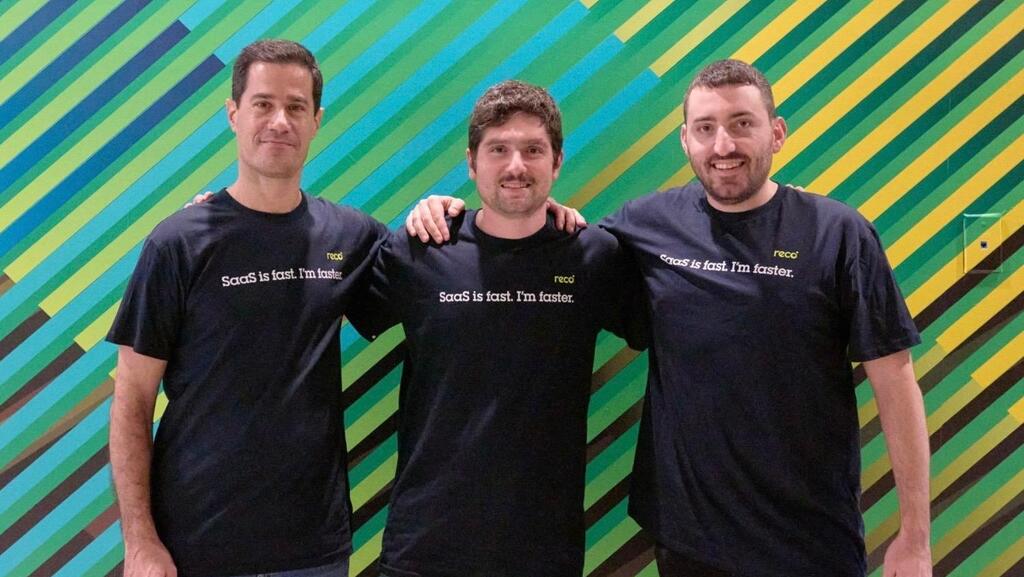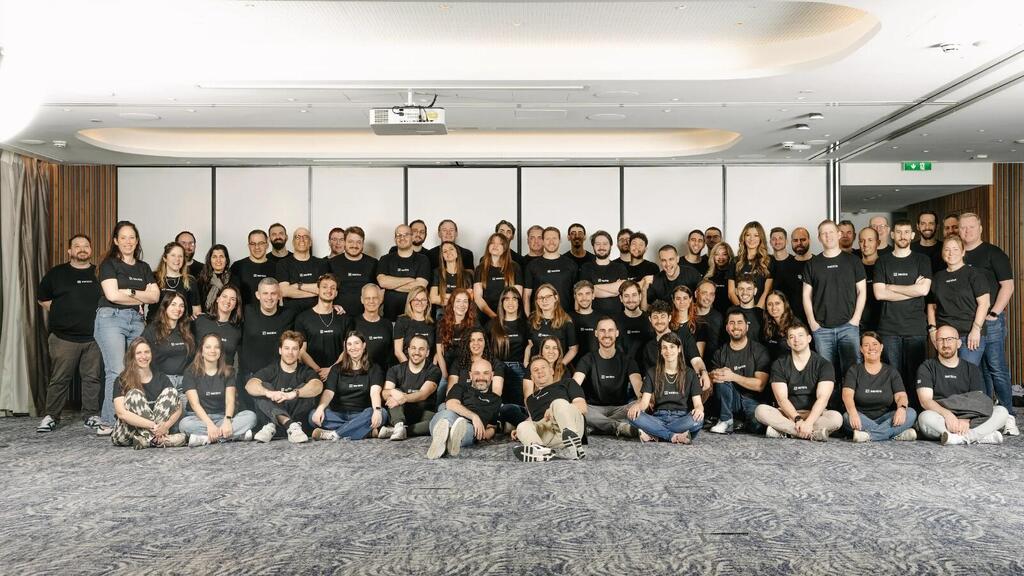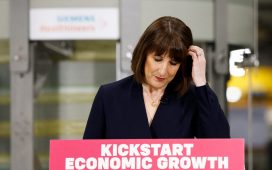Reports of fundraising by Israeli startups have been increasing recently. What’s notable is not just that the high-tech sector is back to raising money, but that many of these deals are not early-stage rounds for small amounts—instead, they involve later-stage rounds and significantly higher sums. This trend runs counter to predictions made as recently as the beginning of the year.
For example, a survey by the Israel Innovation Authority found that many companies were struggling to raise follow-on capital. However, the summary of 2024 painted a different picture: it was a record-breaking year for Israeli high-tech, with $12 billion raised. Is the outlook becoming more optimistic?
Two companies that announced funding rounds on Tuesday illustrate the trend. Reco raised $25 million from several venture capital funds following a year of rapid growth in which it increased revenue fivefold and tripled its customer base. Founded in 2020 by serial entrepreneur Ofer Klein (CEO), Gal Nakash (CPO), and Tal Shapira (CTO), Reco develops application security solutions used by tens of thousands of business apps. The company employs about 70 people.
Sentra, which develops cloud data protection technology, announced it had raised $50 million after growing 300% in the past year and adding Fortune 500 companies to its customer list. Sentra was founded in 2021 by Yoav Regev (CEO), former head of the IDF’s Unit 8200 cyber center; Assaf Kochan (president), also a former commander of Unit 8200; Ron Reiter (CTO); and Yair Cohen (VP Product). The company employs 85 people, mostly at its headquarters in Tel Aviv.
Last week, observability startup Groundcover announced it had raised $35 million to further develop its platform for monitoring apps and cloud infrastructure. A common denominator among all three of these cybersecurity startups is one of their key investors: Oren Zeev of Zeev Ventures.
“It starts with genuinely outstanding people who come in with a very strong technological foundation,” Zeev said. “I invested in them at an early stage, even before they had product-market fit. Since then, they’ve found their market fit, and I’ve happily participated in the follow-on rounds. Even a year ago, I wouldn’t have said this, but this really started happening in the last six months.”
Is there really more fundraising now than before?
“It may just be a coincidence that several of my portfolio companies held follow-on rounds recently. But four months into the year, I think I’ve had more follow-on rounds than in the past three years combined. It’s amazing. They’ve all been successful.”
So is Israeli tech investment waking up again?
“Look, I wouldn’t tie this to anything specific in Israel—not the war, not Trump. And I can’t say my portfolio represents the entire tech sector. But if I look at these companies, each of them raised money based on a dream. They all did their seed rounds during the hype phase, with lots of excitement. But it took them time to find product-market fit, and they were very careful with their funds. Now, two or three years later, they’ve found it.”
Could it be that these companies survived the downturn since 2022 while others didn’t?
“Possibly. A year ago, I wasn’t sure these companies would even make it to the next round. But they did. What they all have in common is exceptional teams.”
Several other companies have also reported new funding rounds in recent months. Cybersecurity startup Sola, founded by serial entrepreneur Guy Flechter and Ron Feld, raised $30 million—even before finalizing a product. Fintech startup Anecdotes, founded by Yair Kuznitsov, Roy Amior, and Eitan Adler, raised $55 million. Another fintech, Tapcheck, founded by Ran and Kailin Gaver, raised $225 million, including $200 million in credit. Unframe, founded by the creators of Noname, recently emerged with a $50 million raise to develop an AI platform.
“First of all, the market is coming back—it’s active. But it’s much more focused now,” Flechter said. “Teams are expected to meet very clear benchmarks. Still, funding is happening. VCs have money, and they need to put it to work—especially now, when tech investing is a better alternative than public markets.”
Does that mean we’re back to investors competing over every deal?
“Once a company closes its main funding terms, more investors usually try to jump in. There are many funds that want to add a $2–3 million check to the round. If you’re raising $15 million and then two or three more funds approach you, you might end up with nearly $10 million in excess interest. Then you have to decide whether to increase the round, which has its downsides too.”
Venture capital funds themselves are showing renewed activity. Insight Partners, one of the largest U.S. funds, had scaled back its Israeli operations during the downturn but is now expanding again. It recently appointed Daniel Aharonovich as a second partner in Israel. Insight has invested about $6 billion in Israel to date and plans to increase that amount.
American VCs that invest in U.S. defense-tech companies are now actively seeking Israeli startups. One such example is Kela, a startup led by Hamutal Meridor, which has already raised $39 million.
Greenfield Partners recently announced it had raised a third $400 million fund focused on growth-stage companies. Investors David Citron and Alan Bach launched a new VC fund, TBD VC, which plans to invest in about 20 Israeli pre-seed and seed rounds. A new fund called QBEAT, founded by Dorit Dor, Yoav Rozenberg, and Maya Rasine Netzer, announced a $100 million raise to invest in quantum tech companies.
Raz Mangel, a partner at Greenfield, told Ynet: “Over the past 12 months, the mini-downturn that started in late 2022 and carried through 2023 has come to an end. Many companies had raised large sums and needed time to grow into their valuations. A year ago, people said companies would need to reset their expectations and valuations would drop. But a lot of that hasn’t happened. Why? Because the companies generated real revenue and continued building their business steadily. Now we’re seeing that valuations aren’t detached from reality.”
How does it look from the investor side? Are there plans to expand investments?
“We just raised a fund a few months ago and are very active right now. We’re finalizing two new investments we’ll announce soon. We’re looking for opportunities and believe there are some very exciting ones out there. I know other funds that are also extremely active. I think we’ll see more announcements in the near future. Investors believe in Israel. They want to invest in Israeli technology and understand there’s something truly unique here—they don’t want to miss it.”









